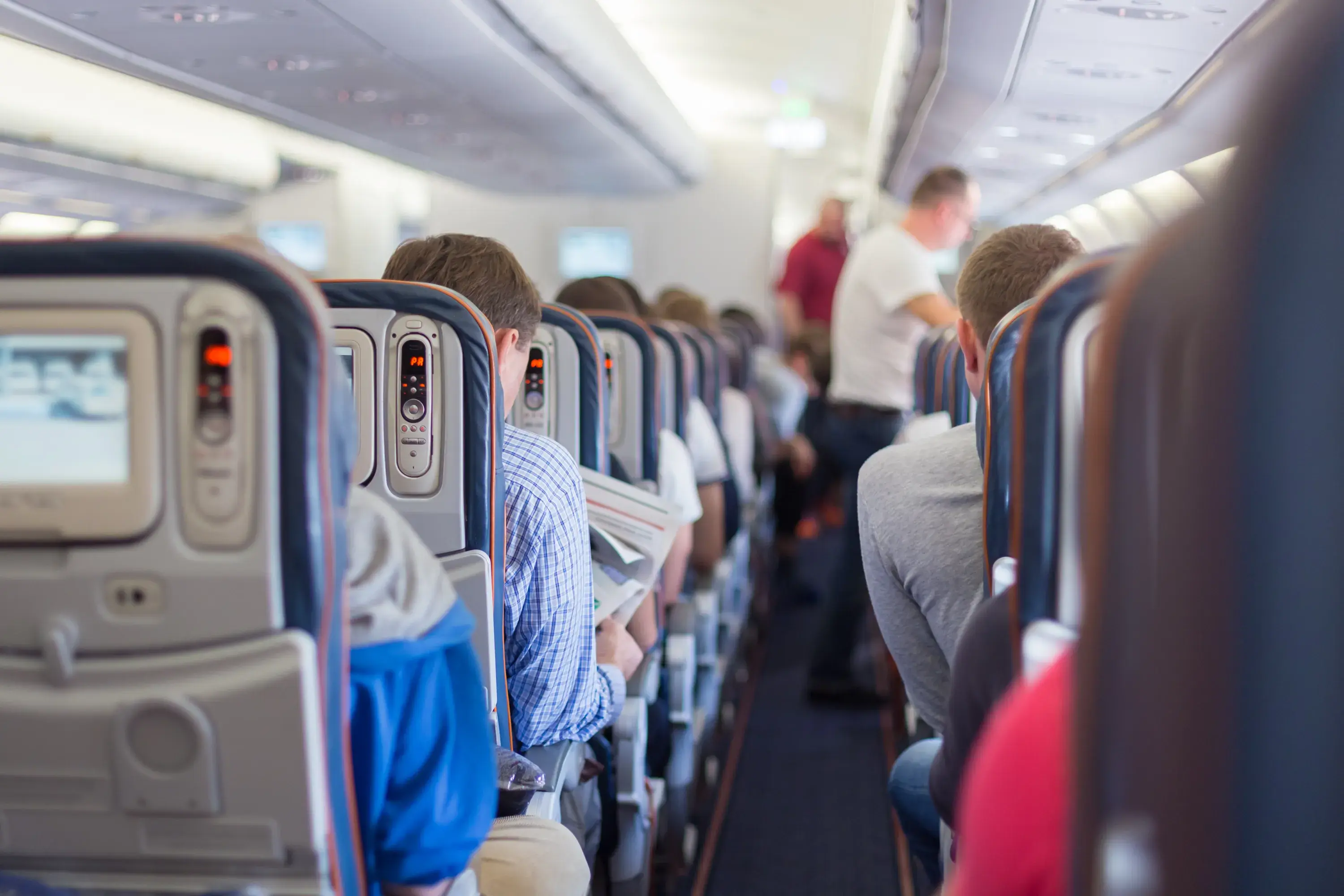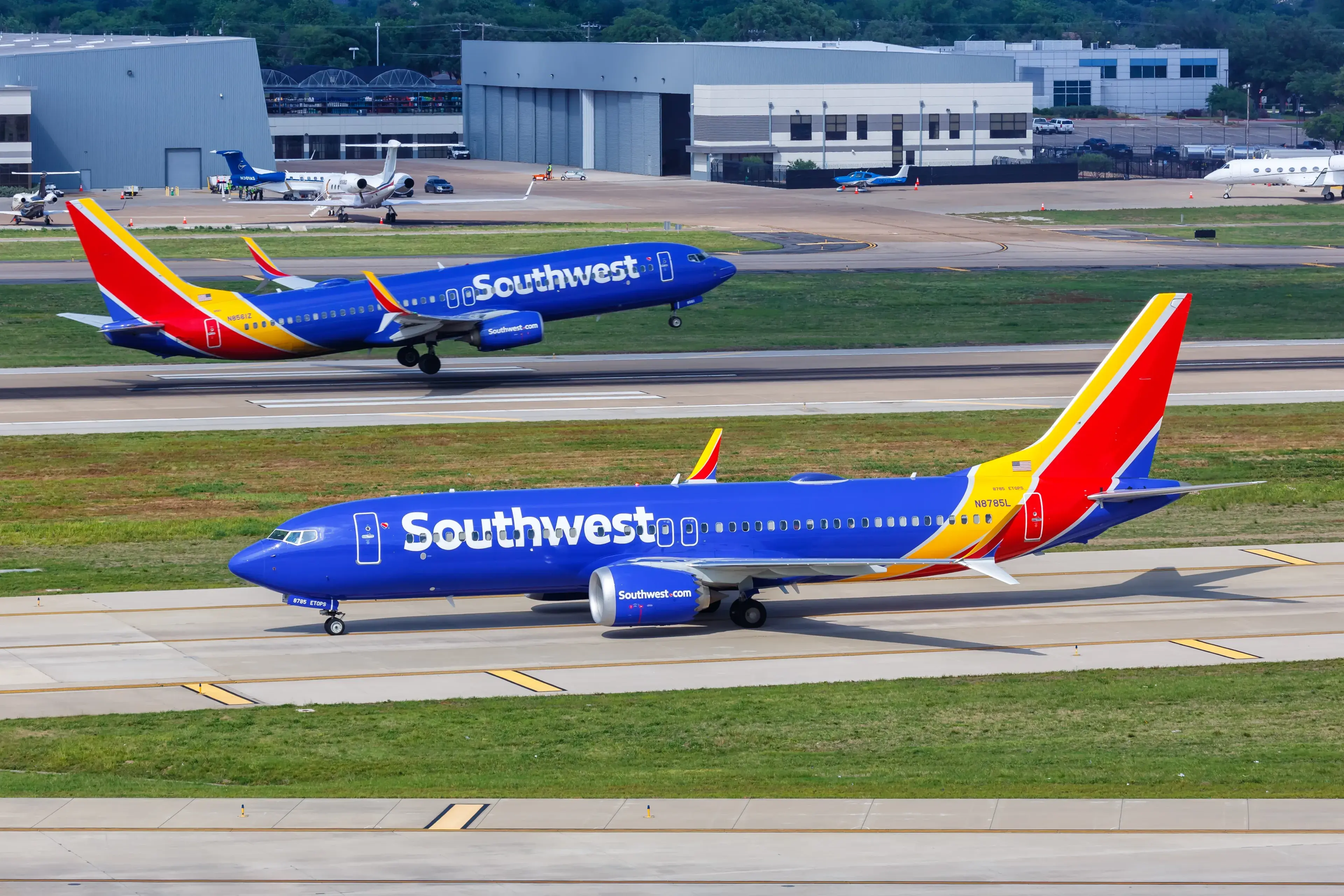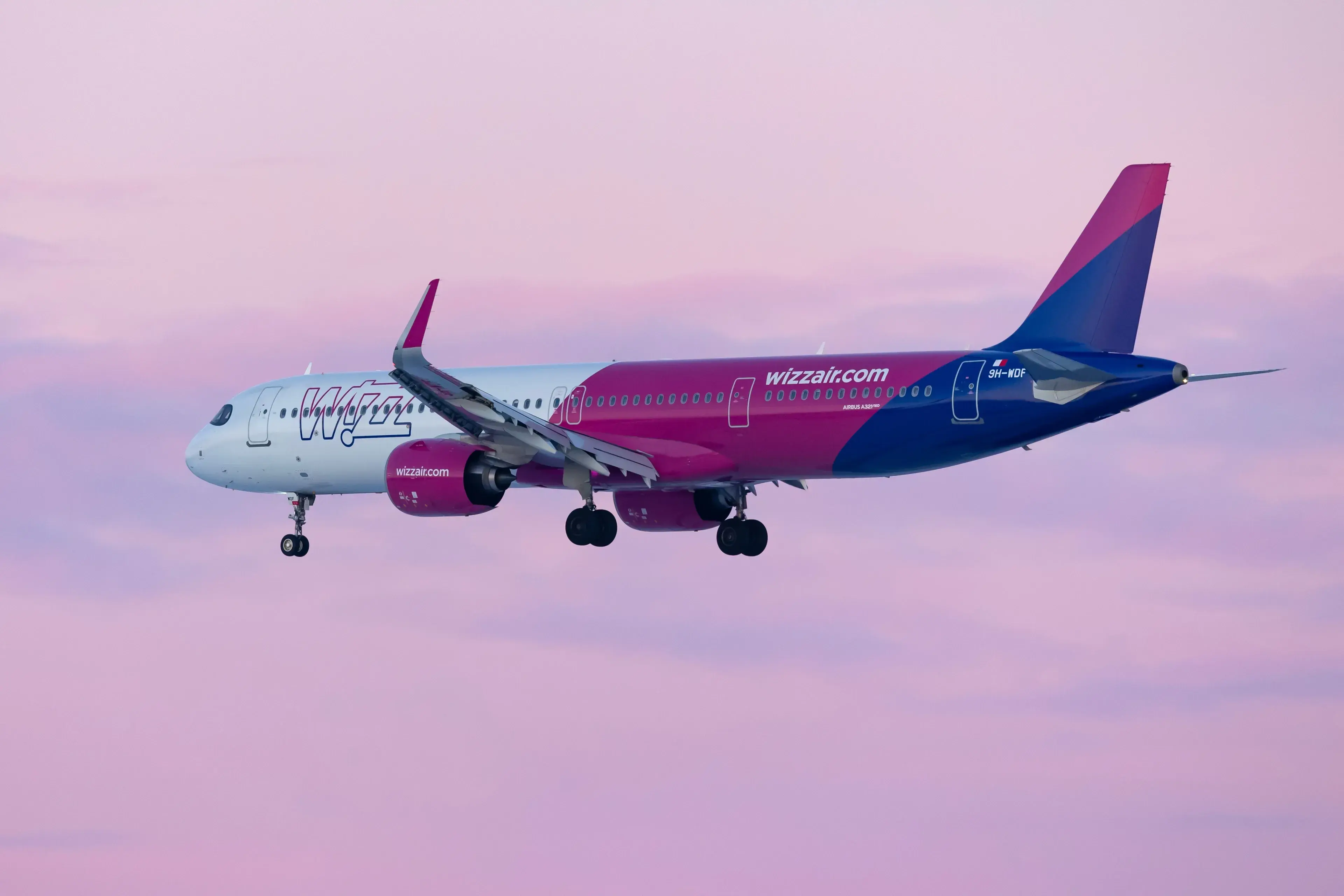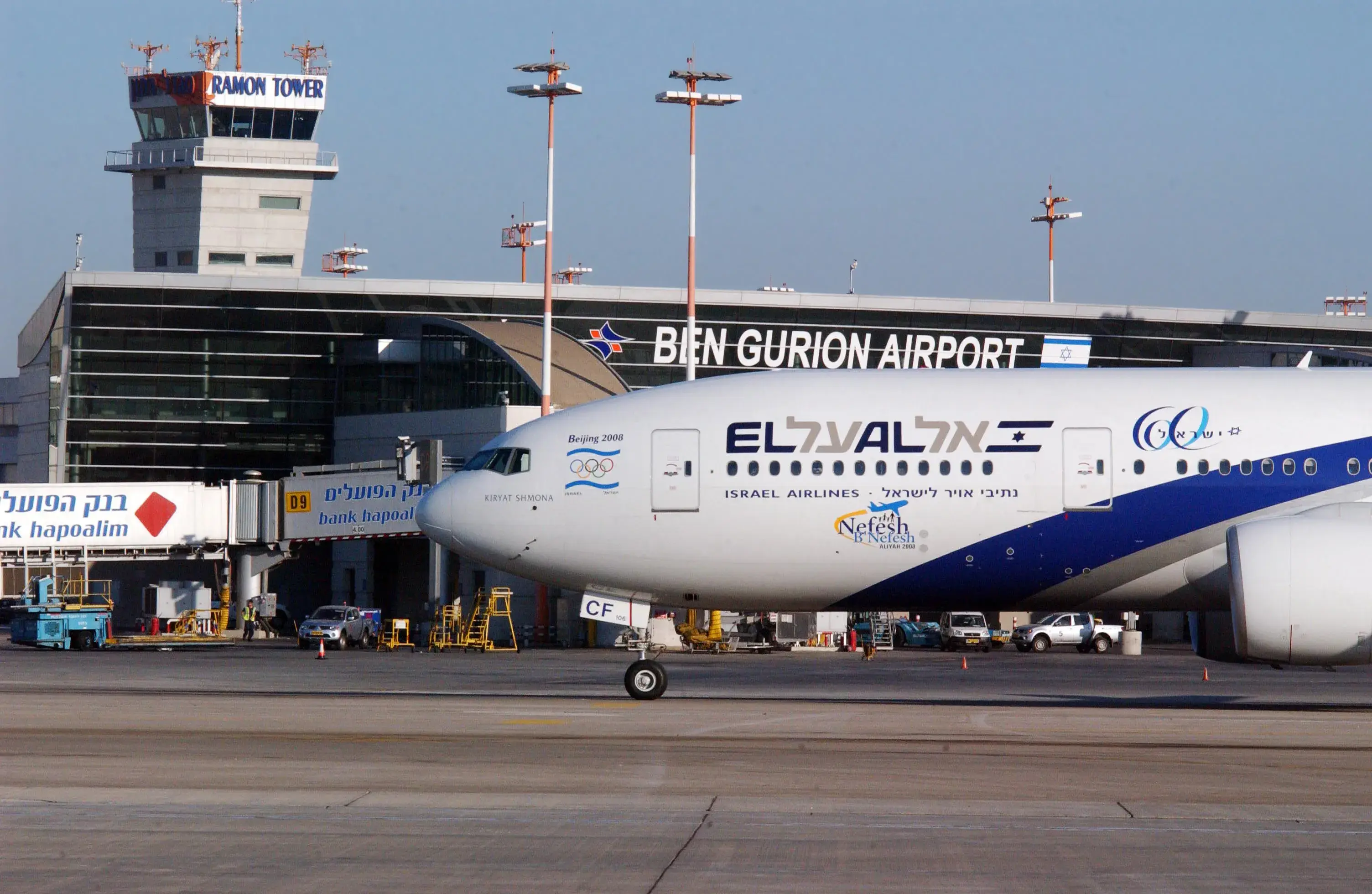
Airlines Halt Flights to Israel as Middle East Tensions Escalate
As tensions continue to rise in the Middle East, major international airlines are suspending flights to Israel, citing security concerns and the unpredictable nature of the ongoing conflict. This decision comes as a precautionary measure to ensure the safety of passengers and crew members.
United Airlines, one of the largest carriers operating routes to Tel Aviv, announced the suspension of its daily service from Newark Liberty International Airport. The airline stated that it would evaluate its next steps while closely monitoring the situation. Delta Air Lines followed suit, canceling flights between New York's John F. Kennedy International Airport and Tel Aviv through August 2, with the possibility of further extensions depending on how events unfold.
European carriers have also taken similar actions. Lufthansa Group, which includes Swiss, Austrian Airlines, Brussels Airlines, and Eurowings, has suspended flights to Tel Aviv until August 8. The German airline has extended this suspension to include flights to Beirut, Lebanon, until August 12, highlighting the broader regional impact of the current tensions.
These flight cancellations are not without precedent. In October, U.S. airlines suspended flights to and from Tel Aviv amid ongoing conflicts between Israel and Palestinian militants. Some carriers, such as American Airlines, have yet to resume their services to the region since that time.
The decision to cancel flights comes in response to a series of events that have heightened tensions in the region. Recent incidents, including attacks on opponents of Israel in different locations, have led to increased concerns about potential retaliation and further escalation of the conflict.
For affected passengers, airlines are offering various options. Delta has issued a travel waiver for flights to and from Tel Aviv through August 14, allowing customers to change their plans without incurring additional fees. United and other carriers are likely to offer similar accommodations to their passengers.
It's important to note that U.S. law requires airlines to provide cash refunds for canceled flights, even for non-refundable tickets, if the flight was scheduled to depart from a U.S. airport or was operated by a U.S. carrier.
The U.S. State Department has maintained a travel advisory for the region, urging American citizens to reconsider travel to Israel and the West Bank, and advising against any travel to Gaza. This official guidance underscores the volatile nature of the current situation.
As airlines continue to assess the security landscape, travelers are advised to stay informed about the status of their flights and to remain in contact with their carriers for the latest updates. The duration of these flight suspensions remains uncertain and will likely depend on how the situation in the Middle East develops in the coming days and weeks.
While the immediate impact is felt most acutely by travelers and the aviation industry, these flight cancellations serve as a stark reminder of the far-reaching consequences of geopolitical tensions on global travel and commerce.


Airline News
The U.S. State Department Issues Travel Warning for Bangladesh Amid Political Turmoil
August 6, 2024
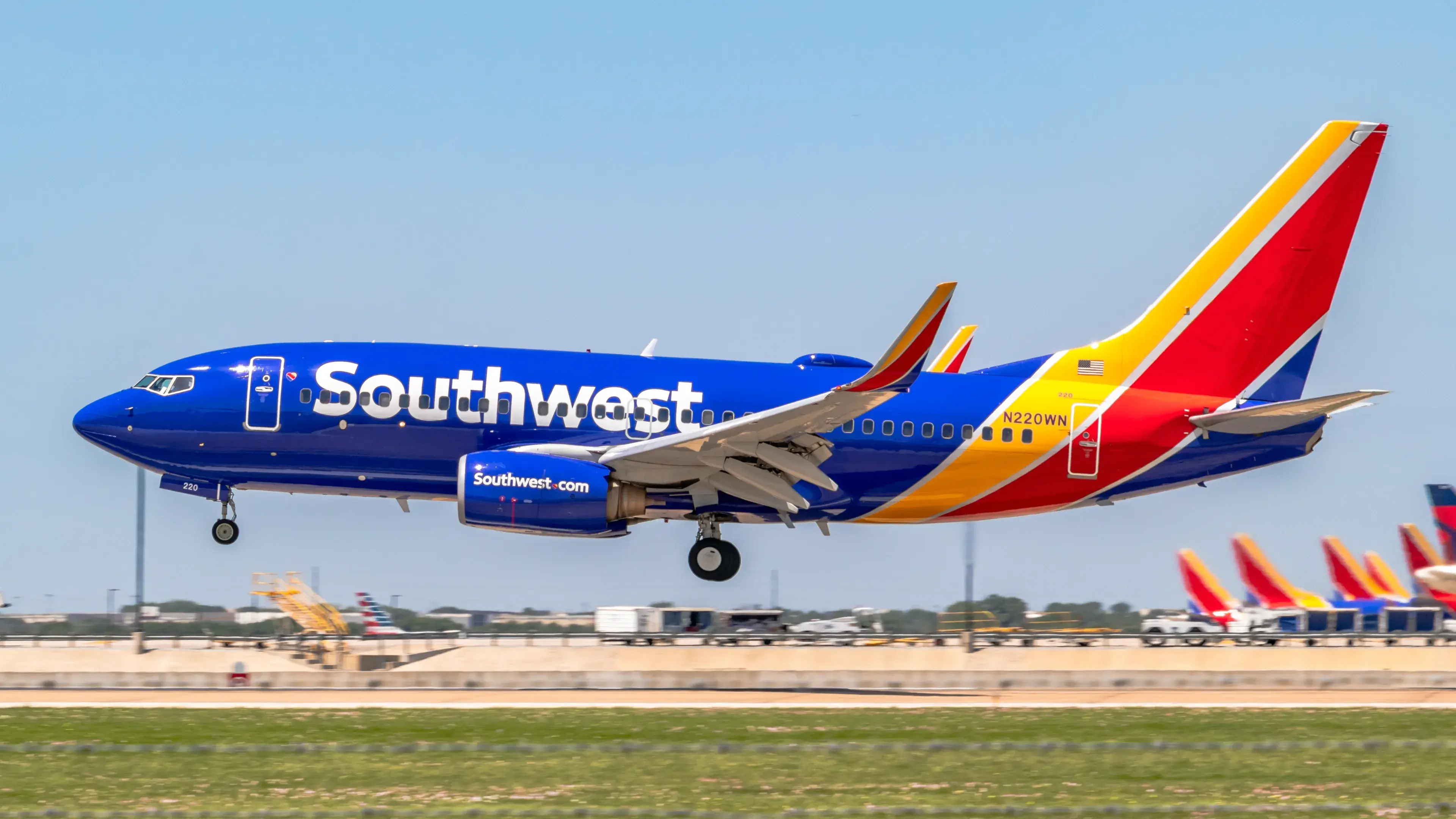
Airline News
Southwest Airlines Revolutionizes Boarding: Farewell to Iconic Open Seating Policy
July 26, 2024

Airline News
Global Alarm: Nine Nations Warn Citizens as UK Plunges into Far-Right Chaos
August 9, 2024
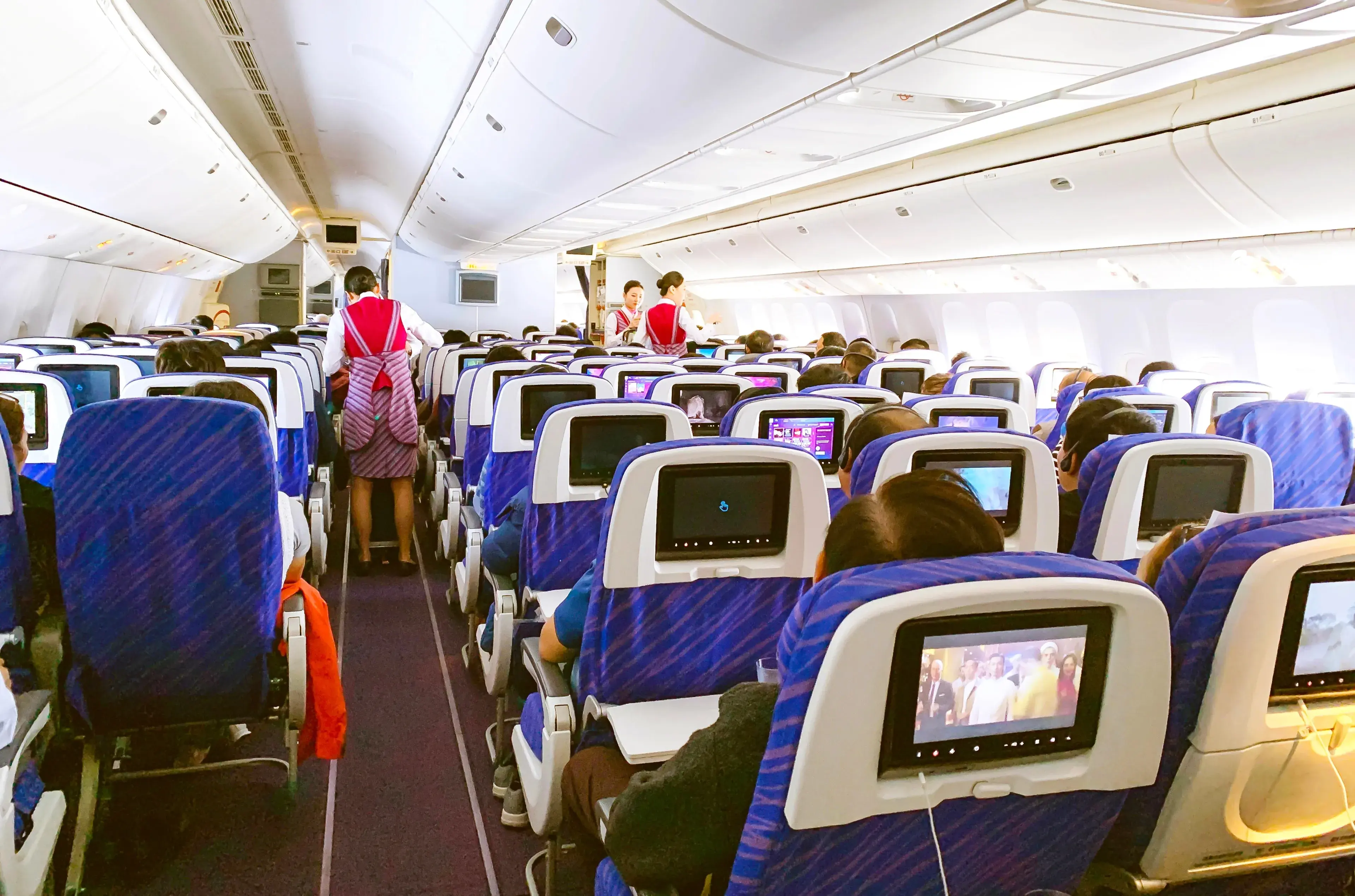
Airline News
China's Skyward Surge: 700 Million Flights in 2024?! The Shocking Truth Behind Asia's Travel Boom
August 14, 2024
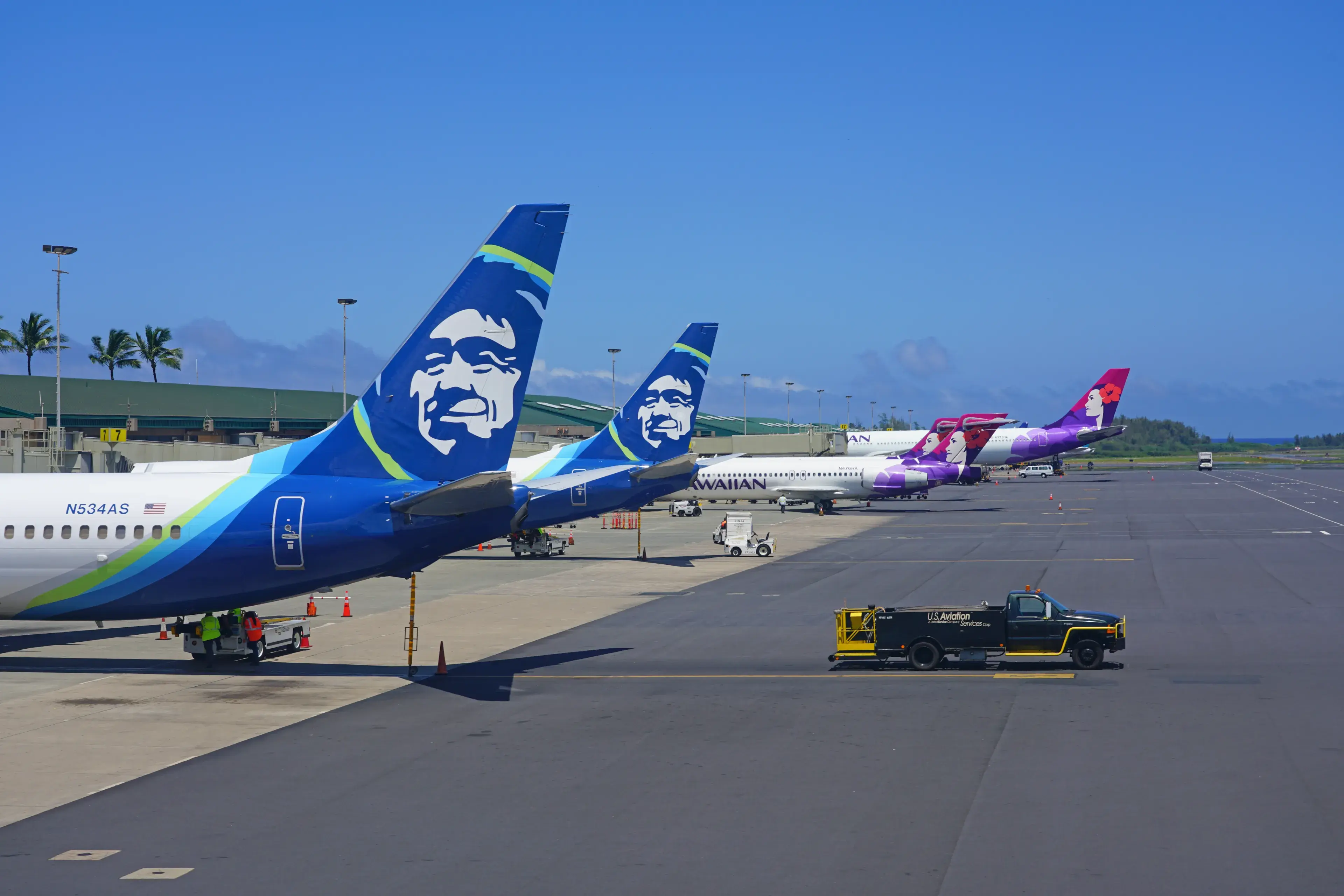
Airline News
Aloha Meets the Last Frontier: Alaska Airlines' Acquisition of Hawaiian Airlines Promises a New Era for Pacific Travel
September 18, 2024
